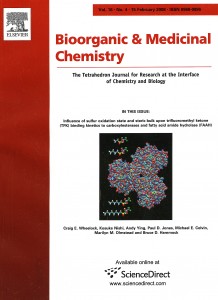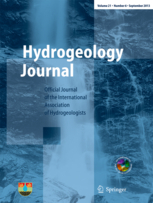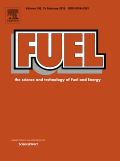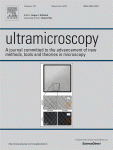 A group of scientists at Takeda Pharmaceutical, including vice president Yoshinori Ikeura, has lost a paper after realizing that their “novel” compound had been previously synthesized by another Takeda researcher.
A group of scientists at Takeda Pharmaceutical, including vice president Yoshinori Ikeura, has lost a paper after realizing that their “novel” compound had been previously synthesized by another Takeda researcher.
The 2011 paper, published in Elsevier journal Bioorganic & Medicinal Chemistry, was the subject of a 2012 corrigendum adding two authors to the paper. The retraction appeared online in December of this year.
Seems like they didn’t add enough authors, though. Continue reading Takeda group retracts paper after realizing “novel” compound had already been synthesized…by a colleague








